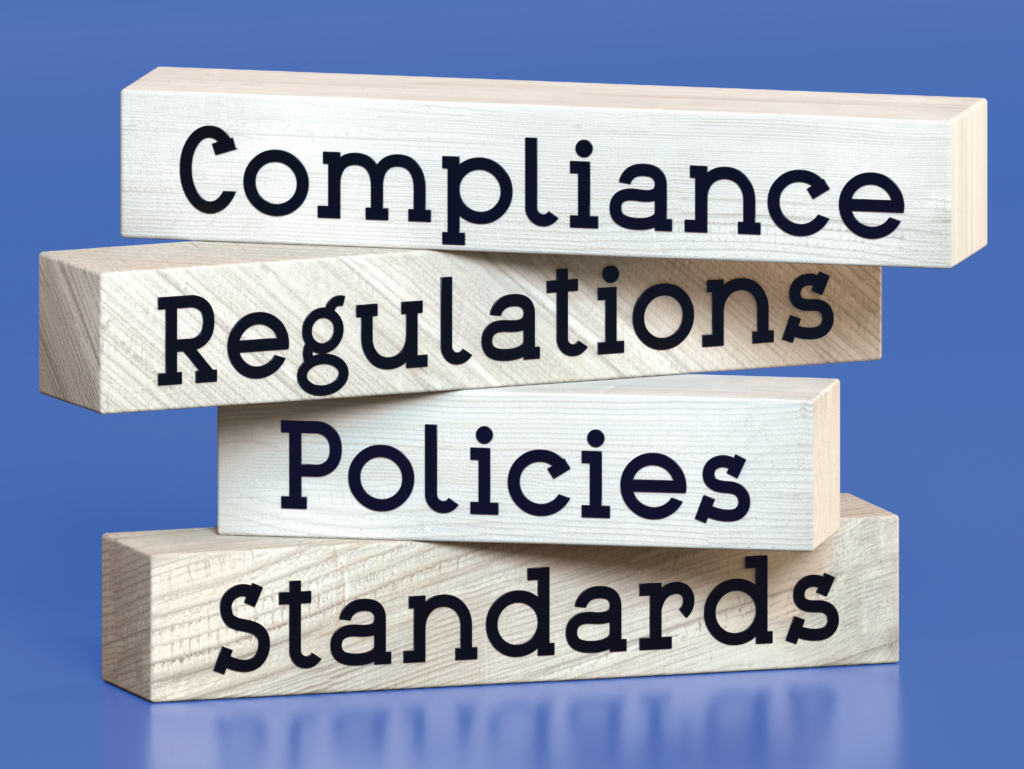Navigating Regulatory Issues for Food & Beverage Entrepreneurs
In an earlier blog post, we discussed several pain points that can cause issues for food and beverage entrepreneurs. Today we will focus on the importance of regulatory compliance and provide suggestions on where you can obtain some help. Navigating the complex regulatory landscape for food products in Canada can indeed be challenging, but there are several steps food entrepreneurs can take to make the process easier and ensure compliance with Canadian regulations:
Conduct thorough research:
Start by researching the specific regulations that apply to your type of food product. Health Canada’s website and the Canadian Food Inspection Agency (CFIA) are valuable resources for regulatory information.
Seek expert advice:
Consider hiring a regulatory consultant or lawyer who specializes in food regulations. They can provide valuable guidance and help you understand the specific requirements for your product.
Develop a solid understanding of labelling requirements:
Ensure your product labels meet all the mandatory labelling requirements, including bilingual labelling (English and French), ingredient lists, allergen declarations, and nutrition facts. The CFIA website provides detailed guidance on labelling requirements. If you have any issues with understanding them, this is where a regulatory consultant can help.
Comply with food safety standards:
Implement food safety practices and Hazard Analysis Critical Control Points (HACCP) principles to ensure your product is safe for consumption. Compliance with food safety standards is crucial to avoid recalls and legal issues. Again, resources like a Tech Access Facility (see the list on our website www.themarketingchefs.com) can help in understanding protocols and your copacker as well.
Register your facility:
If you’re involved in manufacturing, processing, or packaging food products, you may need to register your facility with the CFIA. This is especially important if you’re dealing with meat, dairy, or fish products. For most food entrepreneurs the setup of a facility may be too expensive but your regional food processing associations can supply lists of high-quality co-packers and help in providing guidance.
Obtain necessary permits and licenses:
Depending on your business location and the nature of your food operation, you may need various permits and licenses at the federal, provincial, and municipal levels. Check with local authorities and industry associations for guidance. Your co-packer of food hub can also help with this information.
Stay updated:
Food regulations are subject to change, so it’s essential to stay informed about updates and amendments. Subscribe to newsletters, join industry associations, and regularly check government websites for updates. Subscribe to newsletters from regulatory consultants and follow them on LinkedIn, it is a good place to note updates.
Conduct product testing and analysis:
Ensure that your food products meet specific quality and safety standards by conducting laboratory testing and analysis. This may be necessary for specific ingredients or food categories. It can be costly upfront, but the cost you will pay for a recall and the impact on your brand perception is worth the price.
Maintain thorough documentation:
Keep detailed records of your processes, ingredient sourcing, testing results, and compliance efforts. Well-organized documentation can be critical if you face regulatory audits or inspections. It is probably a good screening question to ask your co-packer about how they maintain records as this will give you insights into what needs to be done to keep your brand safe, and you will need this information when you are seeking retail listings.
Engage with industry associations:
Join industry-specific organizations or associations related to the food sector in Canada. They can provide networking opportunities, educational resources, and insights into regulatory changes. A complete list of national and regional organizations can be found on our website under resources (www.themarketingchefs.com)
Consider third-party certification:
Depending on your product, obtaining third-party certifications like Organic, Gluten-Free, or non-GMO can enhance consumer trust and make it easier to market your product. Be careful in Canada you cannot use these registered logos without having to go through the submission process and pay the appropriate fees.
Collaborate with a mentor:
Seek guidance from experienced food entrepreneurs who have successfully navigated the regulatory landscape in Canada. Their insights and advice can be invaluable. The help of other entrepreneurs can be invaluable. They have probably learned the hard way, and most are open to sharing the shortcuts you can take given their experiences.
Remember that compliance with Canadian food regulations is crucial not only for legal reasons but also to ensure the safety and trustworthiness of your food products in the eyes of consumers. Taking these proactive steps can help simplify the process and mitigate potential regulatory challenges. To learn more visit our RESOURCES page. there are lists of resources, associations, and podcasts with our Think Tank regulatory expert Martha Carman sharing valuable insights on regulatory issues.

